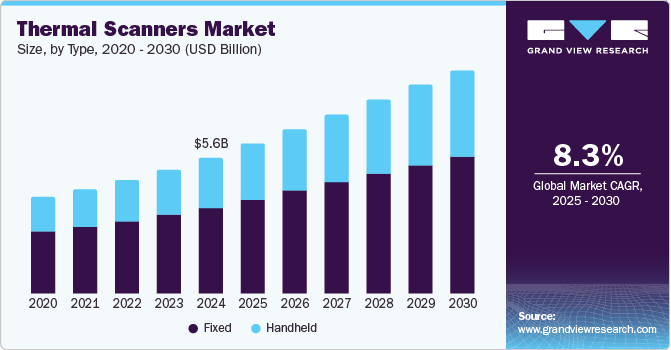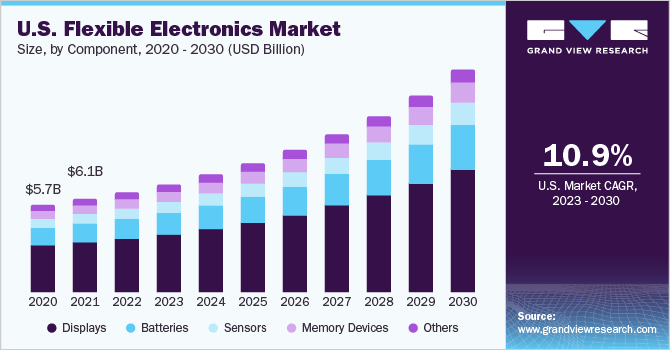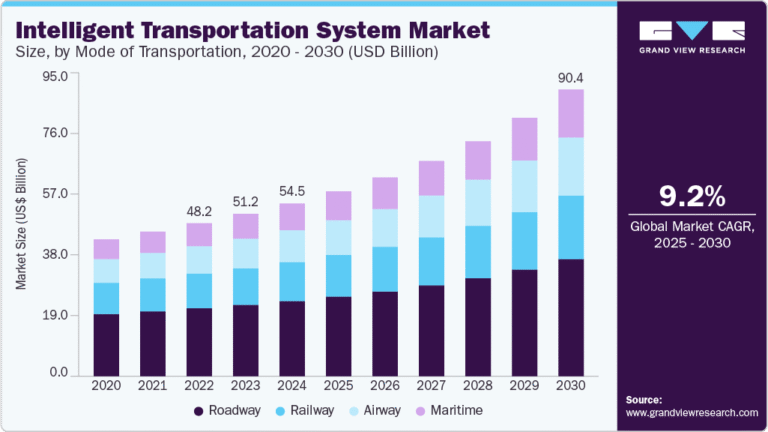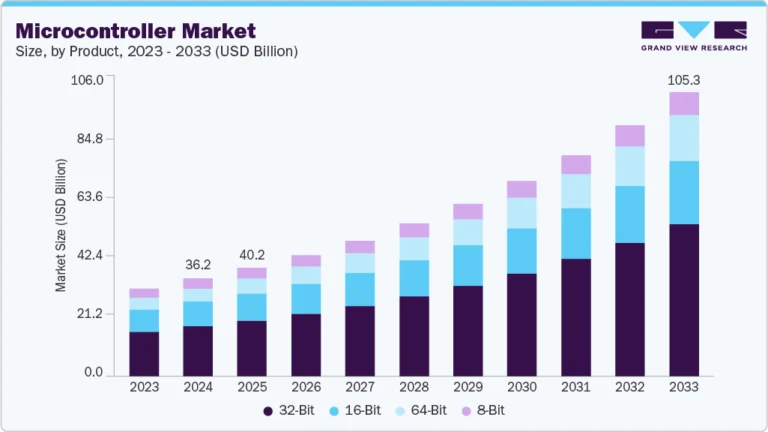AI Powered Content Creation Market Size, Share & Trends Analysis growing at a CAGR of 19.4% from 2025 to 2033
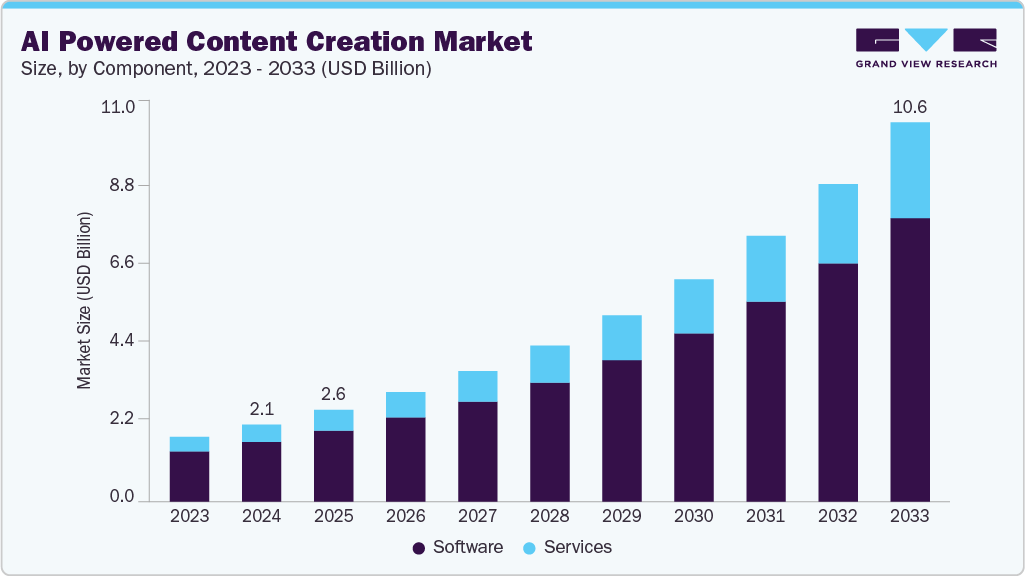
The global AI-powered content creation market size was estimated at USD 2150.79 million in 2024 and is projected to reach USD 10,593.0 million by 2033, growing at a CAGR of 19.4% from 2025 to 2033. This growth is driven by increasing demand for personalized, efficient, and high-quality content across various sectors such as marketing, media, and e-commerce, as well as the rising adoption of AI-powered tools for content generation, editing, and management.
Key Market Trends & Insights
- North America dominated the global AI-powered content creation market with the largest revenue share of 39.9% in 2024.
- The AI-powered content creation industry in the U.S. is expected to grow significantly over the forecast period.
- By component, the software segment led the market, holding the largest revenue share of 77.5% in 2024.
- By content type, the text segment led the market, holding the largest revenue share in 2024.
- By deployment, the cloud segment held the highest market share in 2024.
Market Size & Forecast
- 2024 Market Size: USD 2150.79 Million
- 2033 Projected Market Size: USD 10593 Million
- CAGR (2025-2033): 19.4%
- North America: Largest market in 2024
- Asia Pacific: Fastest growing Market
Request a free sample copy or view report summary: https://www.grandviewresearch.com/industry-analysis/ai-powered-content-creation-market-report/request/rs1
A key growth driver is the evolution of generative AI technologies such as large language models (LLMs), text-to-image generators, and video synthesis tools. Platforms such as ChatGPT, Jasper, Copy.ai, Synthesia, and Runway are being widely adopted to produce blogs, videos, ads, and product descriptions. These tools allow creators to generate content faster, experiment creatively, and customize outputs for specific target audiences. As AI tools continue to improve in contextual understanding and stylistic variation, their value proposition becomes increasingly compelling.
The media, entertainment, and marketing sectors are among the largest adopters of AI-driven content tools. These industries are using AI for everything from scriptwriting and automated video editing to voiceovers and visual effects. The rise of synthetic media, such as virtual influencers and AI-generated news anchors, is also gaining traction. This not only reduces production costs but also enables 24/7 scalable content output across multiple channels and languages.
Moreover, the market is expected to benefit from the integration of AI tools into Content Management Systems (CMS), Customer Relationship Management (CRM) platforms, and digital advertising suites. Small businesses and freelancers are emerging as important user segments, drawn to AI’s cost-saving and productivity-enhancing features. The growing availability of low-code/no-code AI platforms is further lowering the entry barrier for non-technical users. Additionally, rising demand for real-time, multilingual, and personalized content across digital channels is accelerating AI adoption in content workflows.
Component Insights
The software segment led the market with the highest revenue share of over 76% of the global market in 2024. This dominance is largely attributed to the widespread adoption of generative AI tools and platforms that facilitate the creation of text, images, audio, and video content. Cloud-based solutions offering seamless integration, scalability, and frequent updates have been popular among businesses of all sizes. The rise of subscription-based models and API access has further boosted the accessibility and affordability of these tools. Additionally, advancements in Natural Language Processing (NLP) and computer vision have enhanced the quality and versatility of AI-generated content.
The services segment is predicted to experience the fastest growth in the forecast years due to the rising demand for custom AI integration, training, and support services. As organizations adopt AI-powered content tools, many require assistance with implementation, fine-tuning of models, and workflow optimization. Service providers are increasingly offering end-to-end solutions from strategy and deployment to content moderation and compliance management. The growing complexity of AI ecosystems, combined with the need for domain-specific content outputs, is driving enterprises to seek expert consulting and managed services. This trend is especially strong among large enterprises and marketing agencies aiming to scale content operations while ensuring quality and consistency.


